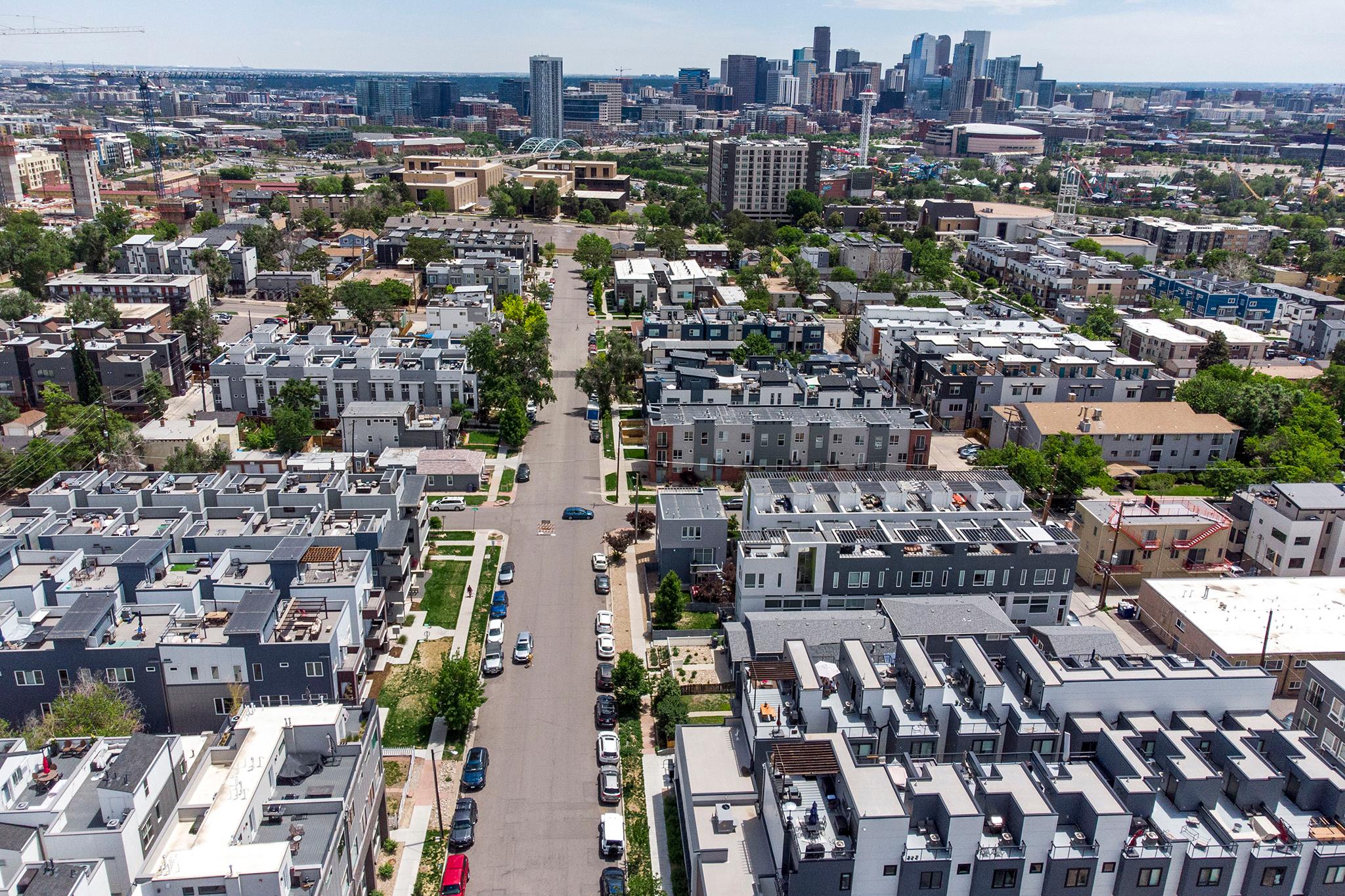With the price of housing out of reach for many working people across the country, the cultural expectation that children should move away from their parents is shifting.
One in five Millennials and two-thirds of Zoomers nationwide are living with their parents, according to a report from RentCafe that defines Gen Z as those from 18 to 25 and Millennials as those from 26 to 41.
The West Coast dominates this trend, and the state where the most younger adults are staying with their parents is California.
"Out of approximately 3 million Millennials in Los Angeles, 35% live with family members," the report notes. "For Zoomers, it's 81% out of roughly 1.3 million. Here, the high cost of living in the metro area -- which is 51% above the national average -- explains why many young adults are finding it difficult to leave this living arrangement."
Denver bucks some of these national trends.
Here in Denver, more millennials and Zoomers are moving away from home than they are across the rest of the country.
In Denver, 15% of Millennials are still home, down by 38% over the past five years.
As for Zoomers, 63% are living with their parents, up by 9% over the past five years.
Interestingly Denver Millennials are leaving home at slightly higher rates than Baby Boomers and Gen X were nationally at the same age, according to the report.
And local Zoomers are leaving the nest at a slightly faster rate than both Millennials and Gen X when they were that age nationwide and at a slightly slower rate than national Baby Boomers were at that age.
But why assume people are trying to leave this living arrangement when it works for their families?
The report states most millennials and Zoomers are living at home for health or financial reasons.
"According to our data, the typical Millennial living with a family member at the age of 32 shares their home with three or four other people," the report stated. "They're also likely to be employed in food services, construction or education."
In other words, sharing a home with older generations is what workforce housing looks like these days.
Staying home has benefits for both parents and their adult children: The cost of housing can be shared across generations, parents have built-in caretakers, and environmentally speaking, sharing a home has less impact.
Nationwide, both Millennials and Gen Z are taking more time to leave home than previous generations.
Notably, not many people anticipate that change.
"Over 40% of Millennials and Gen Z-ers expect to share their homes for at least two more years," according to the report.
Multigenerational households are actually the rule in the United States. That shifted after World War II, and people have been reverting to the traditional multi-family home in recent years.













